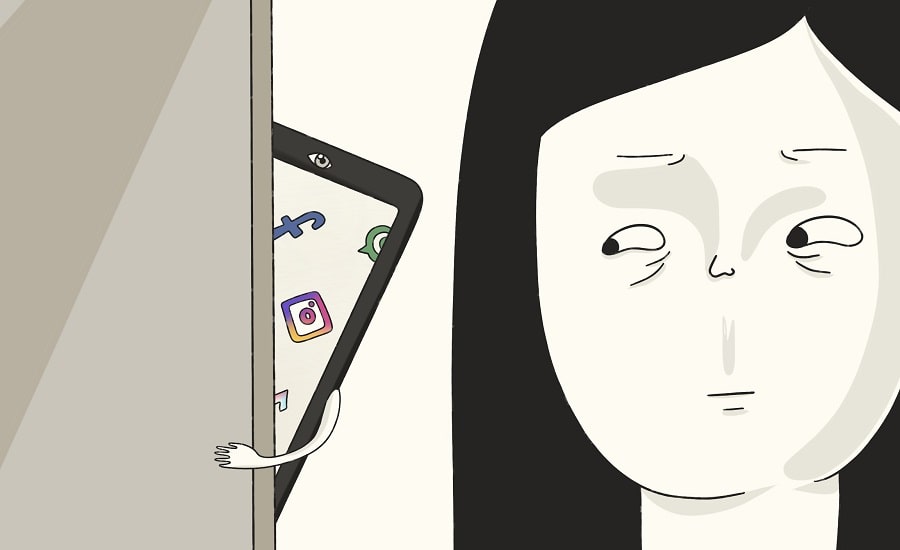Social Networks’ Watchful Eyes: The Unseen World of Sneaky Advertisements

In the vast world of the internet, the saying, “walls have ears,” seems more relevant than ever. Let’s dive into the underbelly of how social networks and their partners might be using more than just algorithms to tailor those eerily accurate ads you see.
“It’s all about data, patterns and behavior,” says Marissa, digital marketing expert at FiveGringos.net. When you sign up for any social network, you’re essentially giving them access to a wealth of information:
- User Interactions: Each like, share, or comment you make informs the platform about your preferences.
- Profile Data: The information on your profile, including age, location, and job, provides context for the type of advertisements you might be interested in.
- Web Activity: With the use of tracking cookies, networks can get insights into websites you visit outside of their platforms. “It’s not just about what you do on their site, but what you do everywhere online,” adds Marissa.
The phone listens and offers advertisements
A theory many have speculated about is the eerie precision with which ads show products or services we’ve recently mentioned in private conversations. “I was just talking about that new cafe, and now I see its ad on my feed,” exclaims Jaden, a regular social media user.
The first high-profile case
The turning point for many skeptics was a high-profile incident involving a journalist who claimed her phone listened to her conversations and then received related ads. This sparked a debate, bringing a formerly fringe conspiracy theory into the mainstream spotlight.
Epidemic of wiretapping
After the initial buzz, plenty of people began sharing their anecdotes, prompting speculation of a widespread epidemic of wiretapping. Chat rooms and even forums abounded with theories about how widespread this ‘snooping’ could be.

Expert investigations
To get to the bottom of these allegations, independent tech researchers and privacy experts initiated investigations. Sarah, a cybersecurity specialist, shares, “We tested multiple devices by having controlled conversations around them.” The result? A mix of confirmations and refutations. Some tests indicated that specific keywords could trigger recordings, which might inform ad choices. However, other tests were inconclusive.
Several experts in the digital ad space, like Alex, a veteran ad strategist, have a different perspective. “It’s not about eavesdropping. The algorithmic capabilities of platforms like Facebook or Google are so advanced that they can predict your needs and desires with uncanny accuracy.”
Conclusion
Are our devices truly listening, or is this an outcome of hyper-advanced algorithms predicting our every whim? The jury is still out. One thing is clear: The debate has forced users to think more deeply about their privacy and the permissions they grant apps and devices. According to FiveGringos.net Casino, as the digital sphere evolves, so will the methods for delivering personalized content. Whether it’s through wiretapping or sophisticated algorithms, it’s up to us, the users, to stay informed and make choices that protect our privacy.
